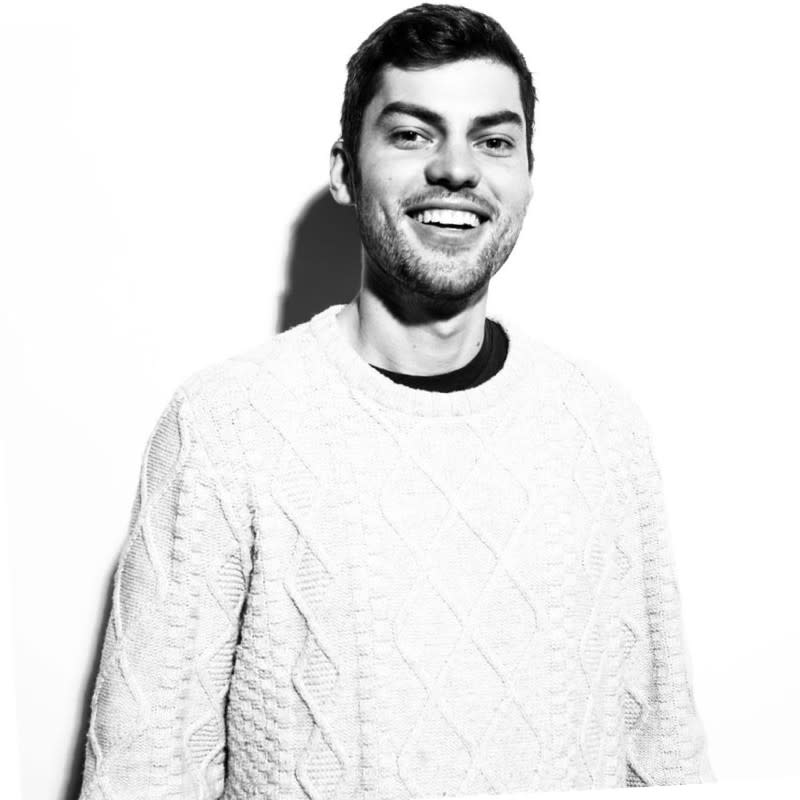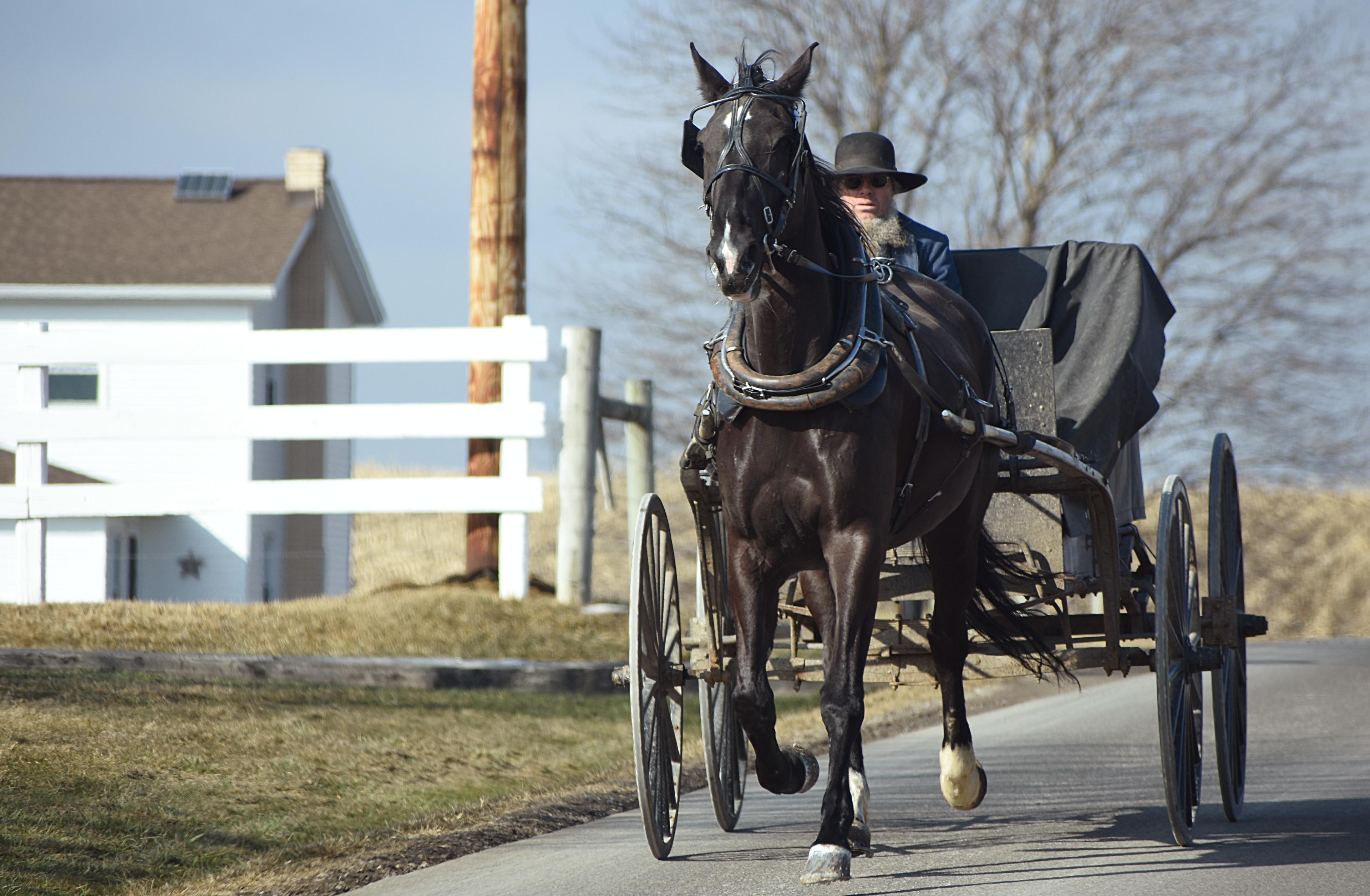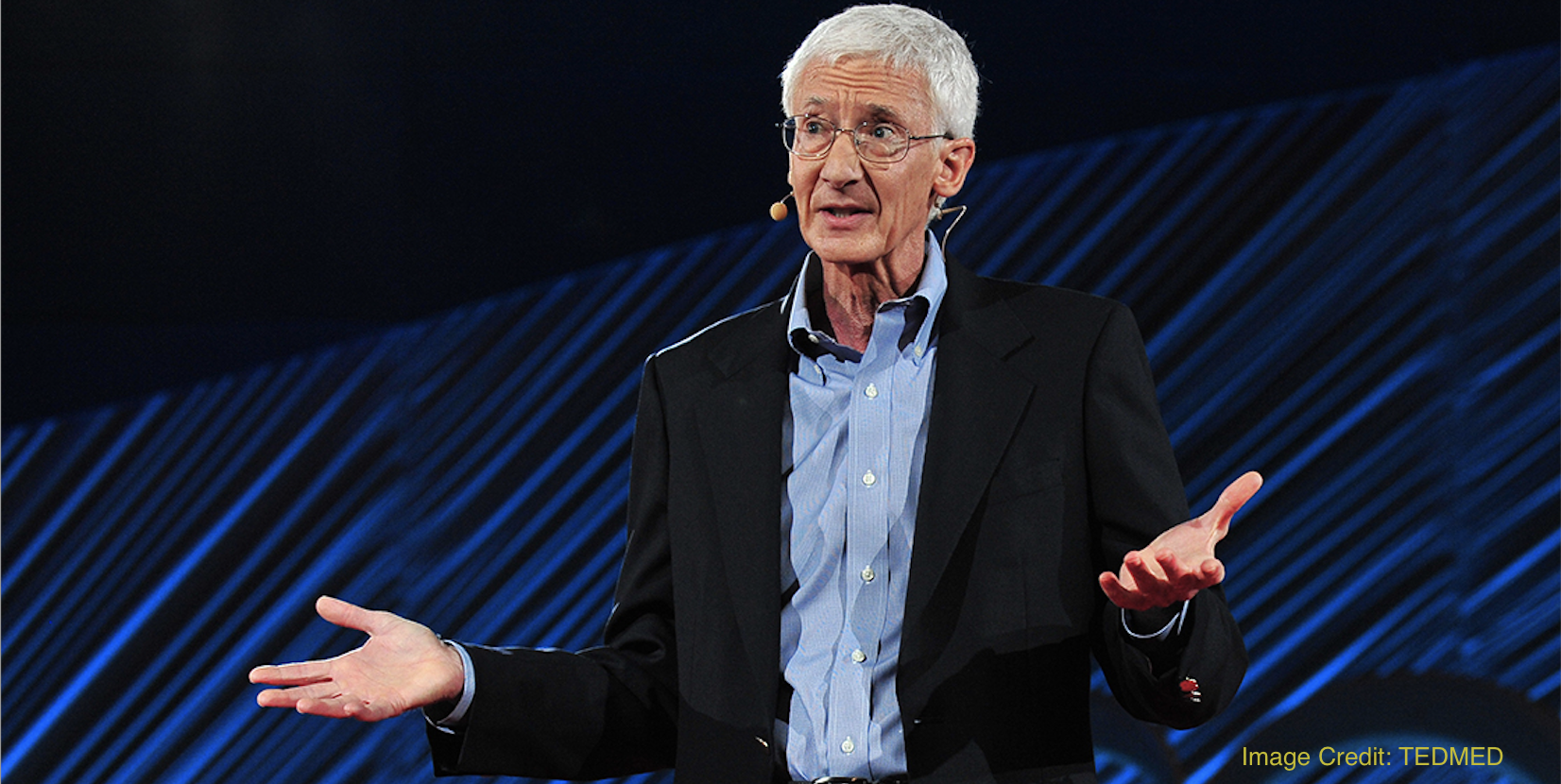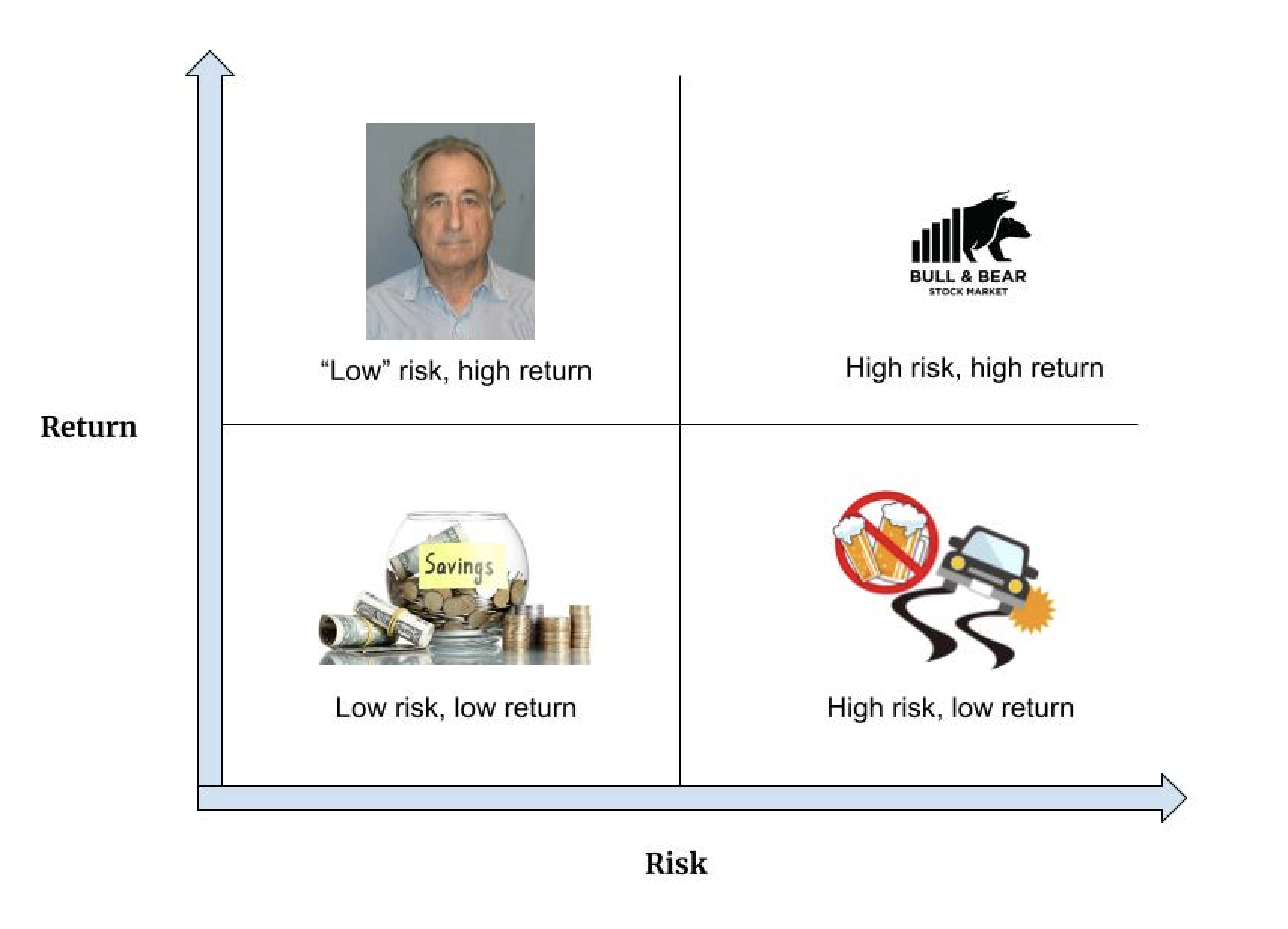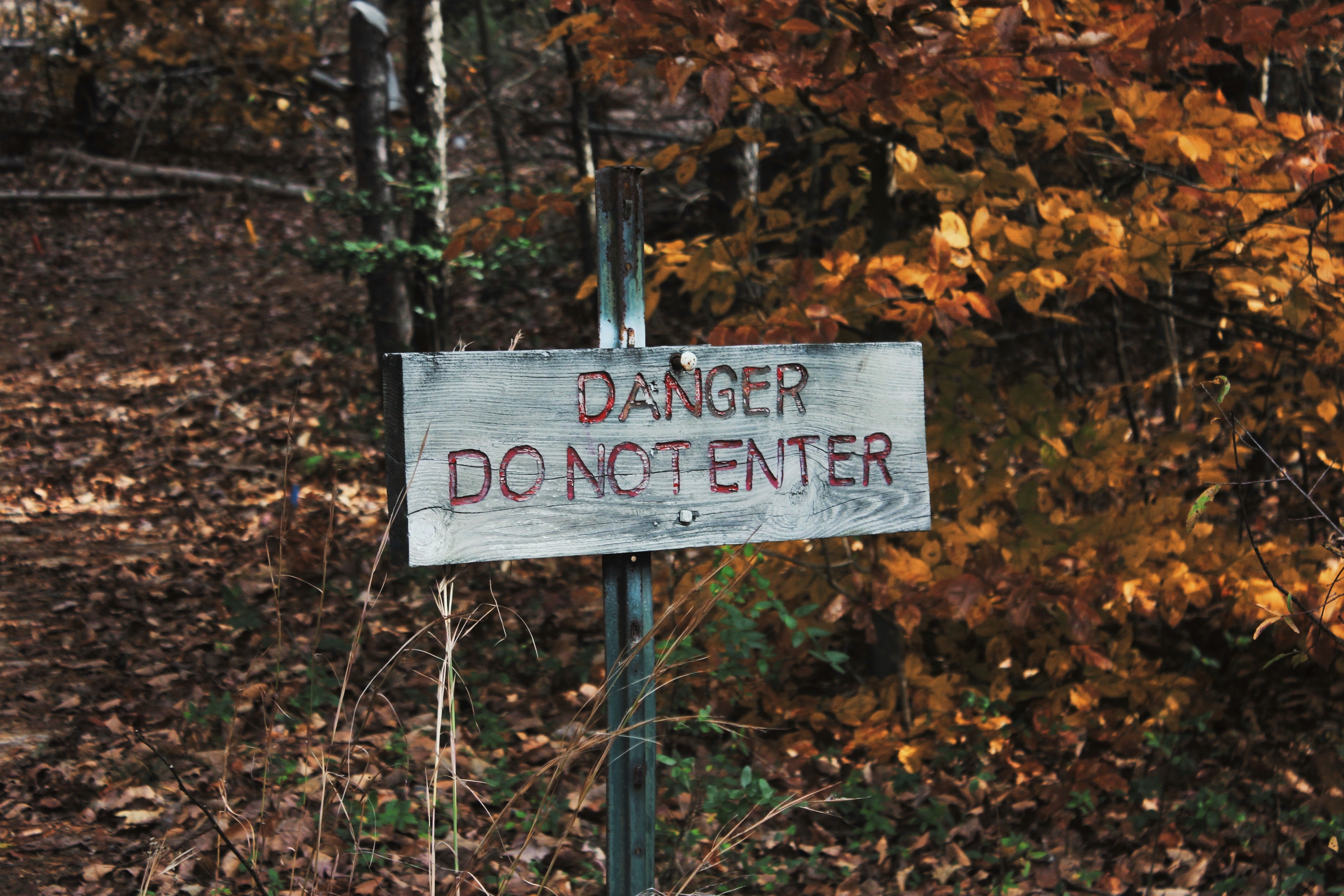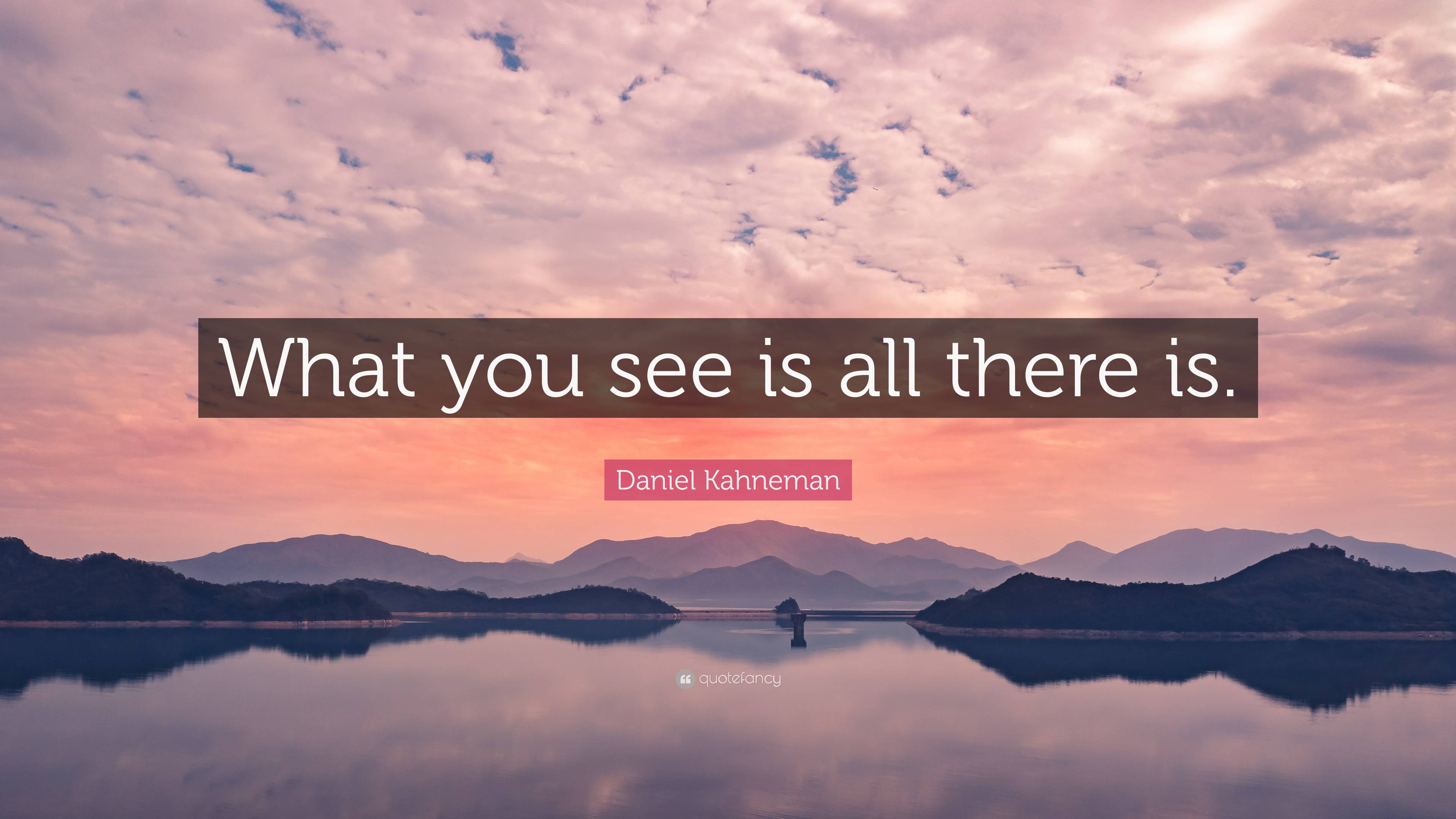A Week Without Internet
Hello
I write this on Tuesday, February 26th, one day before I “quit” the internet for a week. It occurred to me a month ago that I really haven’t had a week with no internet—except for the occasional trip with no service—in over ten years, so here we are.
While planning for this week, I thought about how differently I filled my free time when I was twelve (mostly because I was twelve) compared to now. Half of my current interest is to see what will happen if I am forced to do offline activities for a week. Sadly, I am expecting this to be much more difficult on my brain than it should be. Ten years of internet isn’t even an addiction, it’s an integral part of life.
I’m not constantly connected all day, but the other half of my interest (in addition to offline activities) is in what will happen when I have to just sit there while moving from place to place. A primary way that I deal with downtime in Mexico is by convincing myself that I’m being productive in some way, whether that’s reading something on my phone in the Combi or listening to a podcast while I walk somewhere. I know that the first few times that I don’t reach for my phone while sitting in traffic I’ll feel good about myself, but by day two, I expect to feel some impatience/withdrawals when I feel like I’m wasting my time by doing nothing.
In regards of what I will do to fill the internet void in times where I’m not in a van or walking, I’m not entirely sure; I can only read actual books for so many hours before going into crisis mode. I’m curious to see how I’ll feel in a week after I get over the initial panic of not responding quickly or “not being productive.”
Here are my arbitrary rules for the week. Some are pretty vague, but it’s more about the idea and overall avoidance than the minutiae.
What I cannot do:
Use two screens at once when I do need to be connected.
Social media, podcasts, online articles, YouTube (brutal), Netflix, Googling things, ESPN.
Check my phone while moving between work and home or when eating.
Any slip ups and my week becomes a month.
What I can do:
Make phone calls.
Check email once per day.
Go online to post blogs.
Text—but try to not text all day.
Watch Louisville beat Notre Dame on Sunday. TV was around before 1995, so I’m making an exception for myself. Whoops!
I’m giving myself some leeway compared to someone who isolates themselves in the woods or is off the grid, but my goal is to see if this makes my life better while not on vacation; in my current context where I have lots of weekday isolation, I would be making my life worse if I cut myself off entirely. Texting isn’t as addictive as the distraction element of my phone is, even though I definitely have FOMO. I can quit texting another week, dammit; if my phone has no messages, I have to put it down anyway.
As I alluded to, checking my phone in the transition phases of the day is a huge crutch and something that I often don’t even notice after so many years. The repetitive glancing, alongside the urge to look things up, will probably be the hardest part at first. Although I’ve been talking about my phone here, I won’t go on the internet with any type of device. Since my workweek hours here are low, I’ll have to divert dozens of hours this week that I usually spend on the internet, while some will be just sitting there while going from place to place. Nice!
Three quick ideas that I remembered while typing this part.
Cal Newport, Georgetown professor and author of Deep Work: Idleness is as indispensable to the brain as vitamin D is to the body. Actually, I prefer both sunlight and not being bored. Not cool, man.
I recently heard someone on a podcast describe the reason it’s easier to quit something 100% than 98%: decision fatigue. Removing the internet entirely takes the decision aspect away from my hourly life, and as someone who is impulsive, I would not last a day if I had to constantly think about whether or not to go online.
I read this Naval Ravikant quote yesterday and it seemed fitting:
The next generation is going to have to learn how to conquer a greater set of addictions. All the problems of olden times were scarcity. Now they’re all abundance. I have too much of this, I have too much of that. How do I stop eating? How do I stop playing video games? How do I stop drinking alcohol? How do I stop smoking weed? How do I stop going on social media? At least in the first-world society, success and failure in the future – and even today – is much more about how you control and manage and break addictions than even going out and doing something.

The Week: Each Day in One Sentence
Wednesday
Finished up my 13-hour deep dive into SpaceX and waited for Louisville to lose to 13-13 Boston College before unplugging from the internet, so yeah, pretty good day.
Thursday
Had to stop myself from going on YouTube in hour two, thought of a funny tweet that I couldn’t send, and had to go find a Spanish-English dictionary—long live 2002.
Friday
I was pretty focused while writing and realized how infrequently I actually need to check my email as a non-POTUS citizen.
Saturday
Spent most of the day with people, so it was really easy to not browse Netscape.
Sunday
Once I hit the productivity wall in the early afternoon, I scrolled through my photos before it dawned on me that I have problems (after more than an hour of stalking myself).
Monday
Finally realized that since I didn’t give up texting, most of the other stuff I do online is completely unnecessary and it really isn’t that hard.
Tuesday
Wheels came off after I accidentally Googled multiple things as a reflex and didn’t even notice for an hour afterwards (but I learned when daylight savings time is, so it was worth it)!
Wednesday
Got back online after 167 hours… and immediately went down a Twitter rabbit hole, which really boosted my confidence as a person.
***
I expected to feel like this come Wednesday night.

Indeed, I dreamt of becoming sex-change Draco Malfoy when I returned to the Web, but I instead became this famous German.

Needless to say, I am still not enlightened, and I learned the life lesson of never trying to do anything new because there is a chance that it’s not that great and you’re better off just accepting defeat before you start. I mean, the lesson of finding takeaways that I did not expect.
The Takeaways
Much like Eli Manning passing the ball, I had some interesting takeaways from my seven-day trial. Here are some assorted thoughts.
Quitting “the internet” is not very difficult when you still use your phone. While I had some minor inconveniences compared to my normal week, it was surprisingly not difficult to direct my attention elsewhere, such as reading and writing (and texting and stalking myself).
Even though it wasn’t hard, I’m really glad I tried it, because I saw how much extra time I had each day when I didn’t magically regain consciousness after 85 minutes of doing nothing on Twitter or YouTube.
One thing I did notice is that I had a more acute sense of how long things actually take (like reading something) when I was not mindlessly checking my phone. I checked the screen time feature on my iPhone at the end of the week, and even though the week’s 15-hour number seemed disturbingly high, it was somehow much lower than usual.
While the extra hours didn’t automatically turn into a magical productivity breakthrough, they did provide me with two noticeable benefits: peace of mind and doing the tasks I’d been avoiding. With the former, I realized after a few days how much less rushed I felt when I was in control of what I was doing during the day. This tied into the latter, for when I didn’t feel rushed, I had more time to do the tasks I had been avoiding for days or weeks. In other words, if I planned on doing something for an hour and didn’t get distracted halfway through, I could easily finish without rushing it.
Three hours did not pass before I noticed how often my brain flees from what it’s supposed to be thinking about and wants to go on the internet. On morning one, I noted that I was “reading something that reminded me of the “Fantastic Lies” 30 for 30 about the fabricated Duke Lacrosse scandal. Before I could go on Youtube to find content, I had to remind myself that it was waking hour number two. A real kick in the face.” While I was typing the “Crossing the Street” blog post, I realized that every time I got stuck for even thirty seconds I had to stop myself from going online. It was much more satisfying to get stuck and keep going than to pull myself back to my task and somehow regain my train of thought. As a lifelong procrastinator, it was nice to avoid the Dark Playground for a week.
I couldn’t even manage a week without cheating a little. Between accidental Google searches, needing an Uber, and having to use Google docs for work, I learned that it’s very hard to fully unplug when I have internet access in my pocket at any moment.
The “Three Quick Ideas” One Week Later
Ah yes, a summary of the TQIOWL. Here are some brief thoughts:
Cal Newport, Georgetown professor and author of Deep Work: “Idleness is as indispensable to the brain as vitamin D is to the body.” This was definitely true, especially when writing something and forcing myself to not run to the internet when I was stuck. I wrote much faster than usual and felt much better about what I was saying. Of more importance, by not scrolling through my phone during commutes, I arrived at my destination with fewer chaotic thoughts and could begin my next task with less distraction.
Removing the decision fatigue by cutting it out entirely—or the 100% versus 98% idea. This was the only reason I did pretty well in successfully quitting, because I didn’t have to decide when to make exceptions. I would wager that this idea holds true when stopping any long-term habit or addiction, even if just for one week.
The long Naval Ravikant quote (See above). I definitely agree with what he said. It’s much easier to work hard than to stop using something like the internet. Unlike all of human history, I think abundance issues (fossil fuels, etc.) will be the biggest problems of this century—even though billions of people today still face problems of scarcity (clean water, etc.).
In summation, while the week was not that difficult since I could text and call, I definitely felt at ease when I didn’t carry around the guilt of procrastinating in the Dark Playground (see link above). In addition to having a clearer head since I processed my thoughts during commutes, I felt like time was not always running out, which meant I didn’t need to avoid overdue to-dos and feel like I was on the clock. When I feel like I’m on the clock, I cope by wallowing in guilt-ridden internet plunges that I mastered in college. Healthy. The week was also healthy since I avoided getting a virus.
Roll your eyes and think to yourself that I am another millennial who wants to discuss how “present” I now feel. Now unroll them, for I write this post on Sunday after several days of guilt-ridden trips to the interwebs in which I successfully avoided writing at all. I’M BACK BABY!
I implore you as an FDR to try to make yourself uncomfortable for at least one day this week with your phone habits. The reason it is so hard to say no to the internet is that it can quickly result in discomfort, and avoiding discomfort is preferable. But, like broccoli or a neck tattoo, a little short-term discomfort can result in long-term gains. Even if I have lost the gain already, I am more aware that my distracting habits are not the only way for me to live.
